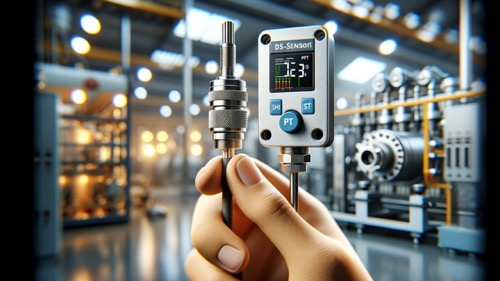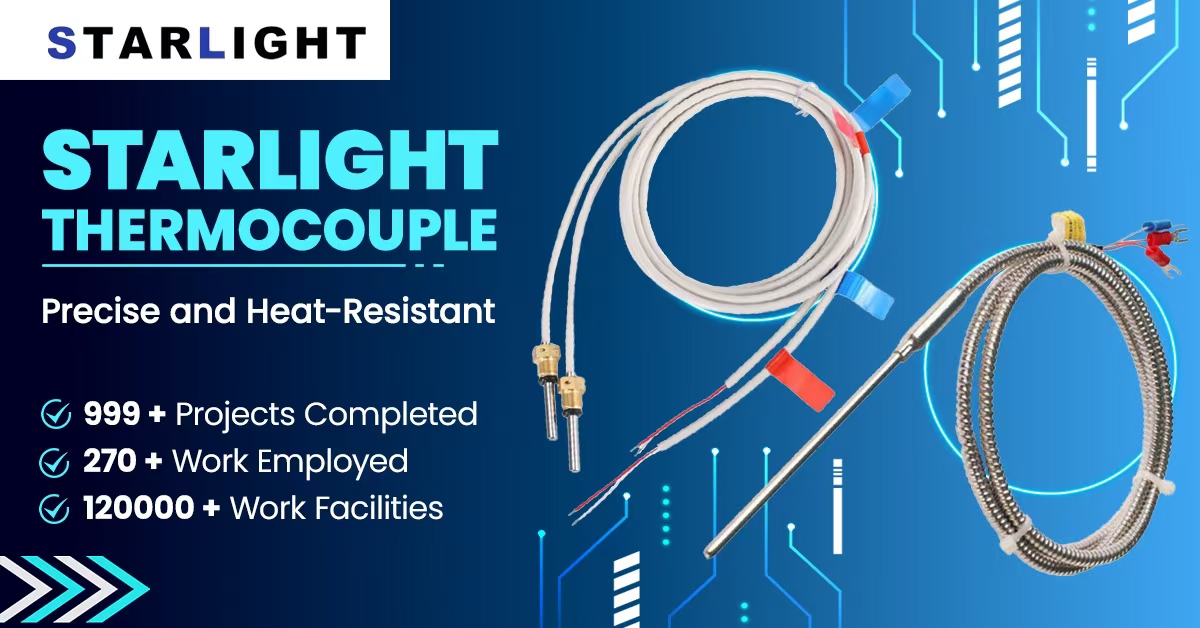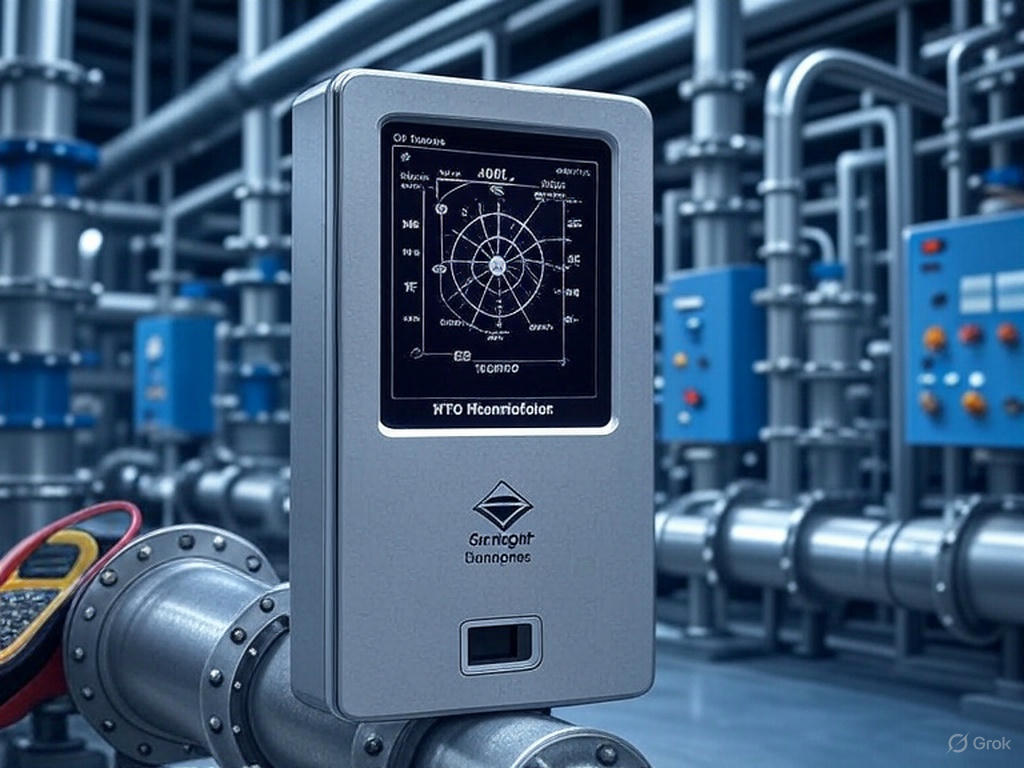Fluke Temperature Probe – A Comprehensive Guide
Welcome to our comprehensive guide on Fluke temperature probes! In this article, we will explore everything you need to know about Fluke temperature probes and how they can benefit your temperature measurement needs.
Table of Contents
- Introduction to Fluke Temperature Probes
- Key Features and Benefits
- Types of Fluke Temperature Probes
- How to Choose the Right Fluke Temperature Probe
- Maintenance and Calibration
- Conclusion
Introduction to Fluke Temperature Probes
Fluke temperature probes are precision instruments designed for accurate temperature measurements in various applications. These probes are widely used in industries such as HVAC, automotive, food processing, and scientific research.
Fluke temperature probes offer exceptional accuracy and reliability, making them an ideal choice for professionals who require precise temperature readings. Whether you need to measure temperature in liquids, gases, or solids, Fluke offers a wide range of temperature probes to suit your specific needs.
Key Features and Benefits
Fluke temperature probes come with a host of features that set them apart from the competition:
- High accuracy: Fluke temperature probes provide highly accurate temperature measurements, ensuring reliable results.
- Durable construction: These probes are built to withstand harsh environments and heavy use, ensuring long-term durability.
- Wide temperature range: Fluke offers temperature probes that can measure a wide range of temperatures, from extremely low to high temperatures.
- Fast response time: With Fluke temperature probes, you can get quick and accurate temperature readings in no time.
- Easy to use: Fluke temperature probes are designed for user convenience, with simple operation and intuitive interfaces.
The benefits of using Fluke temperature probes include improved productivity, reduced downtime, and increased confidence in temperature measurement results.
Types of Fluke Temperature Probes
Fluke offers a variety of temperature probes to cater to different application needs:
- Thermocouple probes: These are commonly used for high-temperature measurement applications, providing excellent accuracy and durability.
- RTD probes: Resistance Temperature Detectors (RTDs) offer precise temperature measurements and are suitable for a wide range of applications.
- Infrared thermometers: Fluke’s infrared temperature probes allow for non-contact temperature measurements, ideal for situations where direct contact is not possible.
How to Choose the Right Fluke Temperature Probe
When selecting a Fluke temperature probe, consider the following factors:
- Temperature range: Determine the temperature range you need to measure to ensure the probe can handle it.
- Probe type: Choose the probe type that best suits your application requirements.
- Accuracy requirements: Consider the level of accuracy needed for your temperature measurements.
- Probe length and diameter: Select the appropriate probe length and diameter for your specific measurement needs.
- Compatibility: Ensure that the probe is compatible with your temperature measurement device or instrument.
Maintenance and Calibration
To maintain the accuracy and reliability of your Fluke temperature probe, regular maintenance and calibration are essential. Follow the manufacturer’s guidelines for cleaning, storage, and calibration intervals to ensure optimal performance.
Conclusion
Fluke temperature probes are trusted by professionals worldwide for their accuracy, durability, and versatility. Whether you work in HVAC, automotive, or scientific research, a Fluke temperature probe can provide you with precise temperature measurements you can rely on.
Take the time to choose the right Fluke temperature probe for your needs, and remember to perform regular maintenance and calibration to maximize its performance and longevity.




